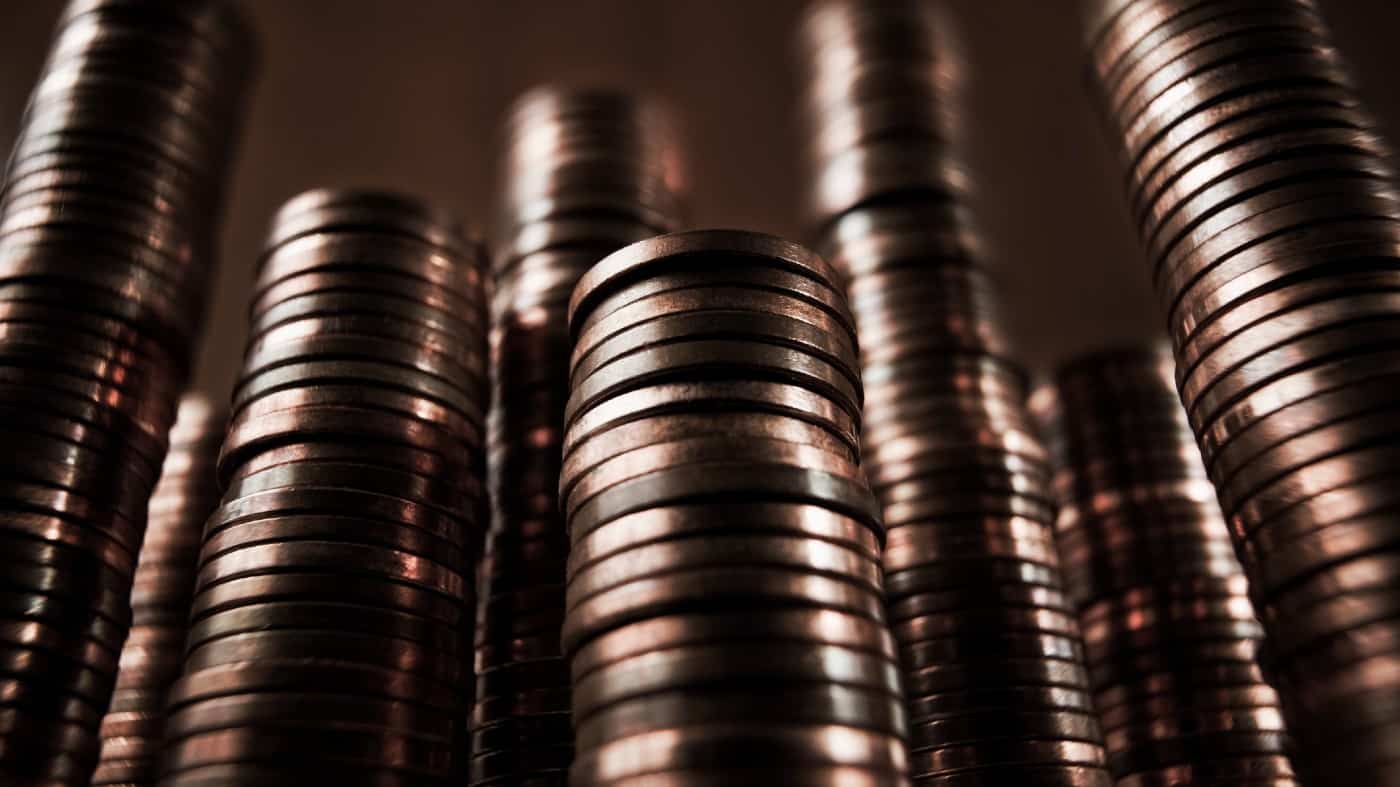Unlock the Editor’s Digest for free
Roula Khalaf, Editor of the FT, selects her favourite stories in this weekly newsletter.
The US faces mounting pressure from executives and environmentalists to push for tougher curbs on plastics after Washington found itself on the same side as Russia and China in inconclusive UN talks on a global treaty.
At the penultimate round of talks aimed at delivering a treaty akin to the Paris climate agreement by year-end, oil-producing countries could not reach a deal with a “high-ambition” group that includes leading EU member states and Japan and which is pressing for bold limits on production.
The US, which is not part of the coalition that includes China, Russia and Saudi Arabia, cautioned against including production controls in order to reach a deal.
The US state department warned on Tuesday that “overly prescriptive approaches” in the treaty might deter “major producers or consumers of plastics” from joining the agreement.
“We recognise that downstream measures alone will not be enough to end plastic pollution. Therefore, the US approach is focused on driving down the demand for new plastic,” a state department spokesperson told the Financial Times, citing a need to focus on recycling and reuse.
The US position generated a backlash from some observers at the Ottawa treaty talks, who warned that measures focused on demand would be insufficient to reduce the 400mn tonnes of plastic waste produced every year.
Graham Forbes, Greenpeace’s head of delegation, said the US had failed to show leadership.
Until President Joe Biden “takes action to reduce plastic production in the global treaty, the plastics industry will continue to accelerate climate change and harm human health for short-term profits”, he said.
One retail executive said they were disappointed by the negotiations but added that the politics behind any deal were “incredibly challenging”.
An official from a non-profit environmental group said the US stance risked depriving the rest of the world of a stricter treaty.
“[The US] is basically balancing a political will from the Biden administration to contribute to solving the problem globally . . . with the recognition that it’s very difficult to ratify any global agreement in Congress,” they said.
Over the weekend, several Democratic senators urged the Biden administration to reject the state department’s “current self-imposed constraints” and join the “high-ambition nations seeking strong standards and accountability”.
Delegates also expressed concerns over the increased presence of fossil fuel lobbyists, who outnumber the representatives of the EU delegations, according to the Washington-based Center for International Environmental Law.
The industry has invested heavily in recent years as demand for plastic, which uses petrochemicals derived from fossil fuels as a feedstock, is expected to nearly double by 2050. The International Energy Agency expects petrochemicals to be the “single largest contributor” to oil demand growth in the next five years.
Stewart Harris, from the International Council of Chemical Associations, representing the largest plastic and petrochemical makers, told the FT that limits on production would “have significant unintended consequences on those that can least afford it”.
Plastic production made up 5 per cent of global emissions in 2019, according to a report this month by University of California’s Lawrence Berkeley National Laboratory, a footprint that is expected to double by mid-century. While alternative materials to plastic could exacerbate the emissions footprint, the report argued that eliminating the use of non-essential plastics could reduce emissions.
John Duncan, co-chair of the Business Coalition for a Global Plastics Treaty, which includes more than 200 companies including Walmart and Unilever, said negotiators remained “fundamentally” apart at the end of the UN talks, which began last week. The coalition supports binding restrictions on plastic production.
“These [fossil fuel] companies and countries, to some extent, are painted into a corner,” Duncan said, adding that producers “can’t afford for the treaty to send the world on a different trajectory because they’ve invested so much in a future with more plastic”.
Credit: Source link














